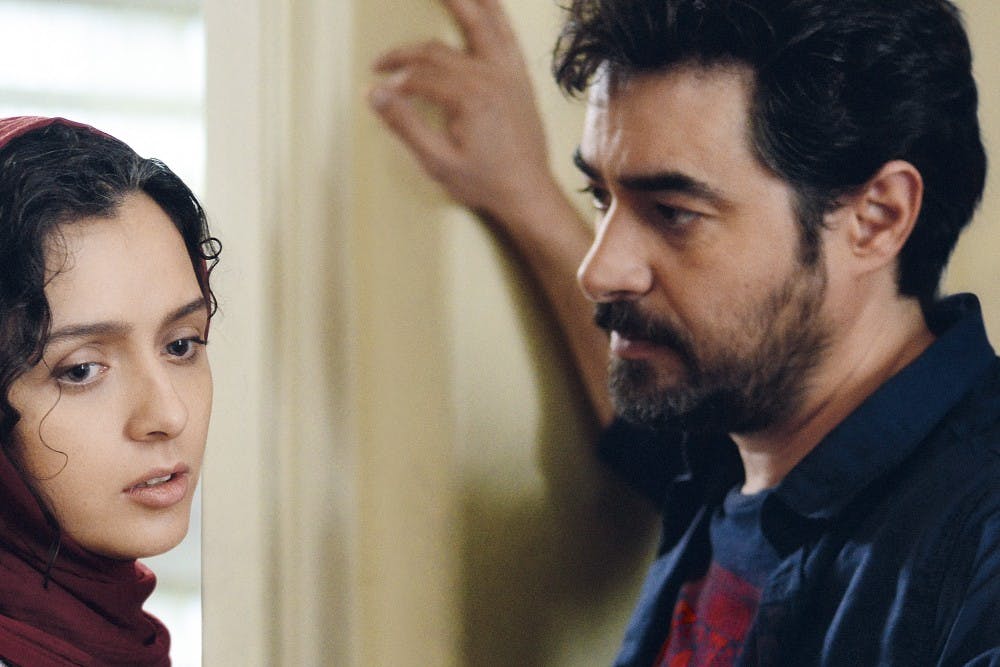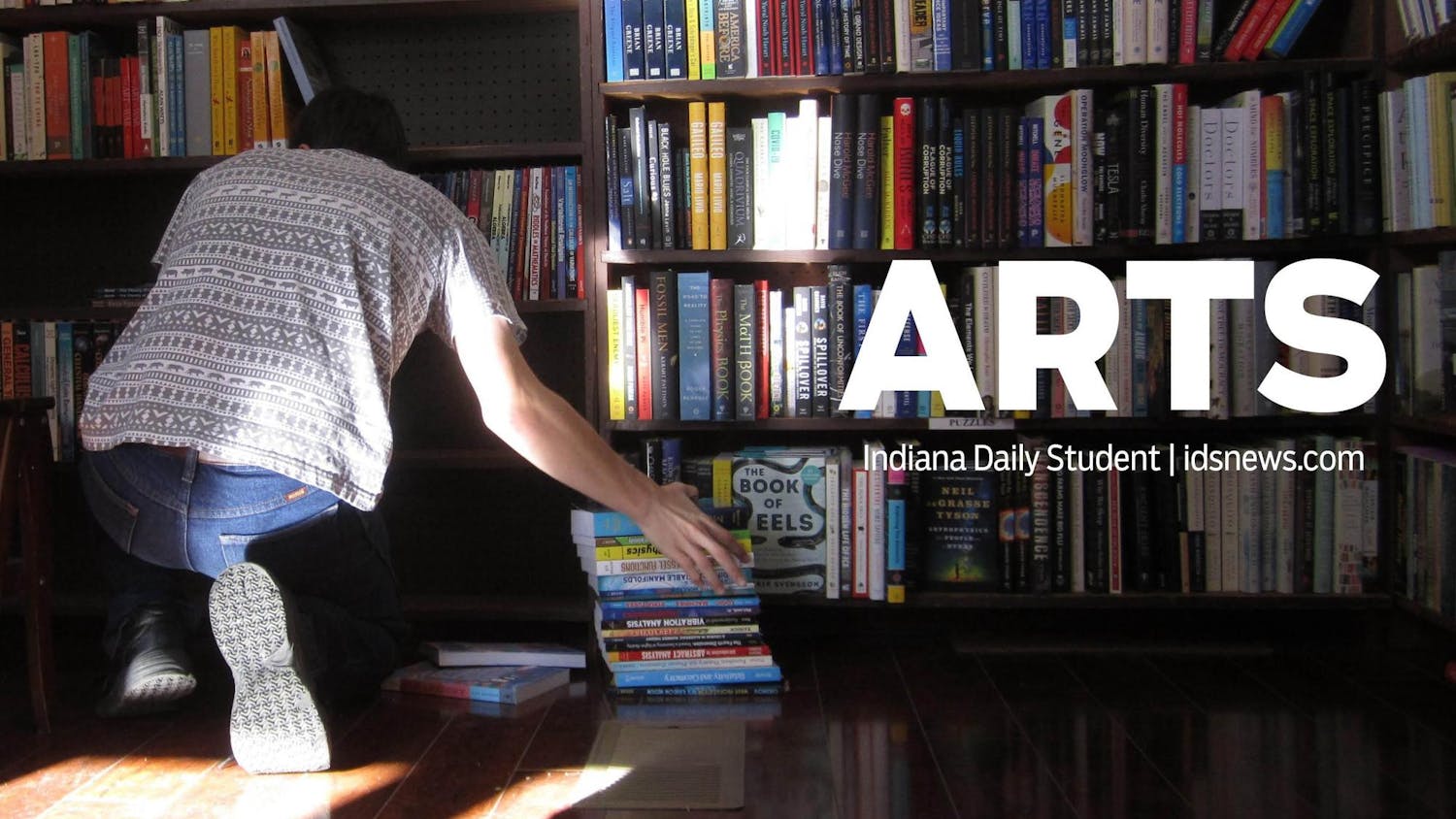“The Salesman” (2016) is an Iranian film that won an Academy Award for Best Foreign Language Film earlier this year, but the controversy surrounding whether or not writer and director Asghar Farhadi would be able to accept his Oscar in person seemed to overshadow the film itself.
But, as part of The Seventh Art Stand, an effort by cinemas and community centers to combat Islamophobia, the movie is finally getting the attention it deserves.
Farhadi’s film follows the life of a young couple in Tehran. Emad and Rana move to a new apartment while starring in a local production of “Death of a Salesman.”
After a mysterious assailant brutally attacks Rana, an angered Emad sets out to find him.
“The Salesman” is the opposite of most American revenge films. Nearly half an hour passes before the central crime happens, and even then, Farhadi shows only the aftermath of the assault.
What happens to Rana doesn’t turn Emad into some sort of vengeance-driven superhero. He never fires a gun and throws only a single punch over the course of the film. Even when he finally confronts the assailant, he is less interested in torturing him than he is in settling “their account.”
“The Salesman” is full of quiet sequences where its characters make tough ethical choices, and they’re just as suspenseful as the more violent set pieces in American thrillers. I enjoy exciting action movies such as “Kill Bill: Vol. 1,” but Farhadi’s approach to the revenge genre is refreshing.
Farhadi studied theater at the University of Tehran and Tarbiat Modares University. His blocking and filming of the theater sequences are fantastic. They reminded me of a great book Arthur Miller wrote called “Salesman in Beijing” about Miller’s experiences directing the first Chinese production of “Death of a Salesman.” With this heavy emphasis on theater, the film becomes more than just a revenge thriller. It is also a tribute to the more joyful things in life.
“The Salesman” deserves to be known as more than a trivia item from the 89th Academy Awards. It is a masterpiece about thorny ethical dilemmas and the pleasures of art.
jsbourkl@umail.iu.edu




